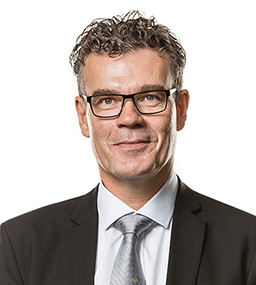DELTA H Commissions Heat Treating System to AAR Corp
DELTA H commissioned a Dual Chamber Aerospace Heat Treat (DCAHTTM) to AAR Corp. at Indianapolis International Airport. AAR is a leading provider of aviation services to commercial airlines and governments worldwide. At its Indianapolis MRO facility it performs heavy maintenance with a focus on the Boeing 737.

VP of Quality, AAR
“The DELTA H dual chamber furnace meets our needs as an effective, efficient and complaint heat treatment solution,” stated Kelly Sauer, AAR Corp’s Vice President of Quality.

VP, DELTA H
“As the largest independent MRO in North America and one of the top five MRO providers in the world, it’s truly humbling to have earned AAR’s trust for their in-house heat-treating capabilities,” stated Ellen Conway Merrill, DELTA H Vice President. “The commissioning service at AAR Indianapolis included full qualification testing as well as training certificates for operators and QC/QA. The DELTA H DCAHTTM furnace system enabled AAR to quickly qualify for not only aluminum, but also aging of PH stainless steel and titanium.”
The DELTA H DCAHTTM furnace features dual chambers operable to 1200°F and 500°F with precision control and temperature uniformity, and a roll-away stainless-steel quench tank. The system qualifies as Class 2 (+/-10°F) per AMS2750E and includes all controls, data acquisition technology, and spares parts package to be in full compliance with all aerospace pyrometry standards and National Aerospace and Defense Contractors Accreditation Program (Nadcap).
DELTA H Commissions Heat Treating System to AAR Corp Read More »













